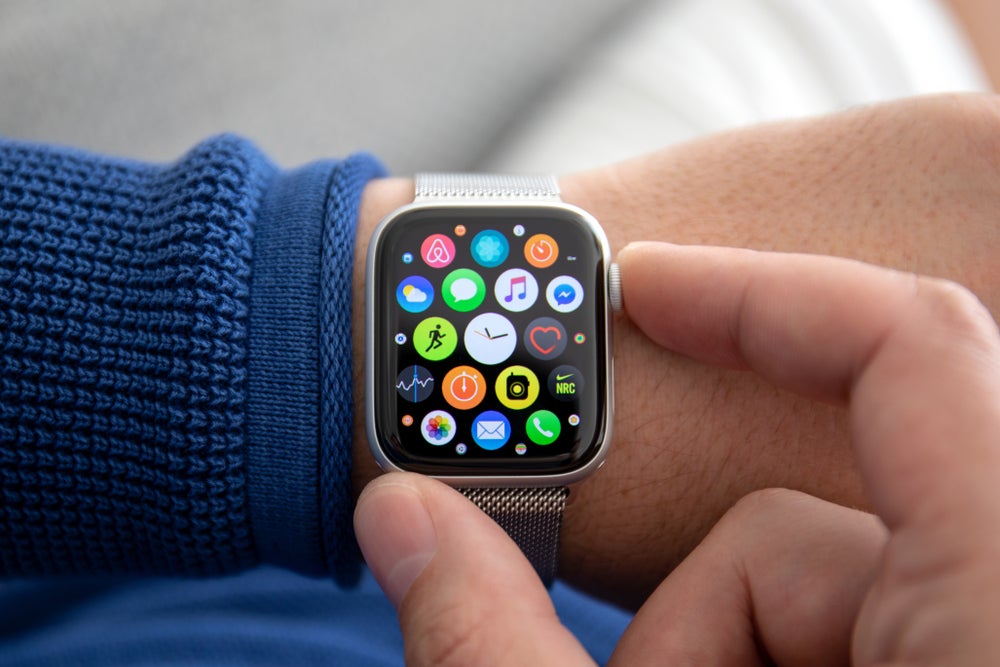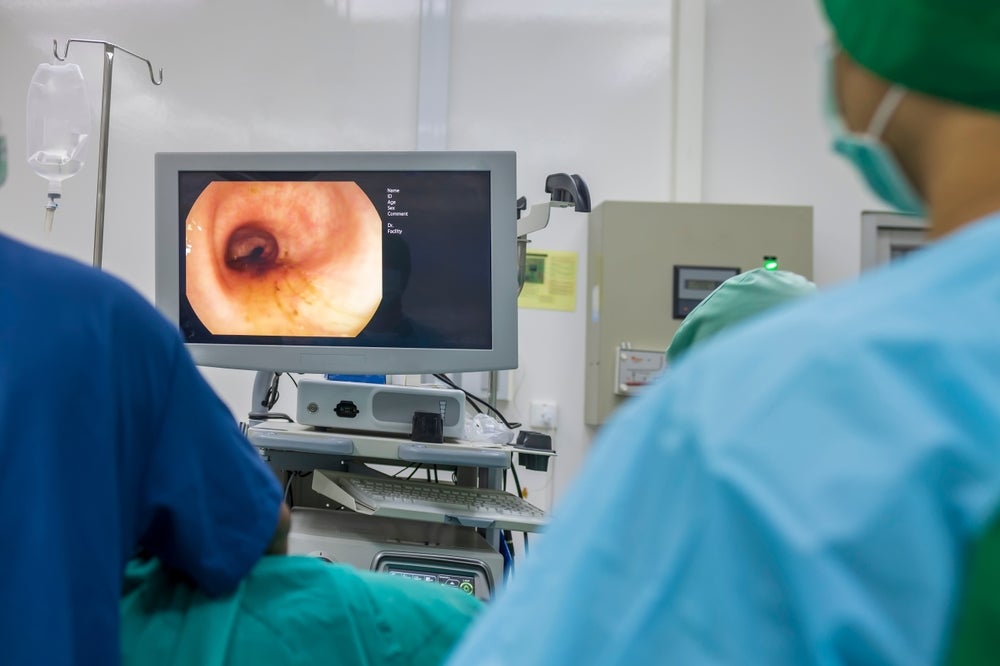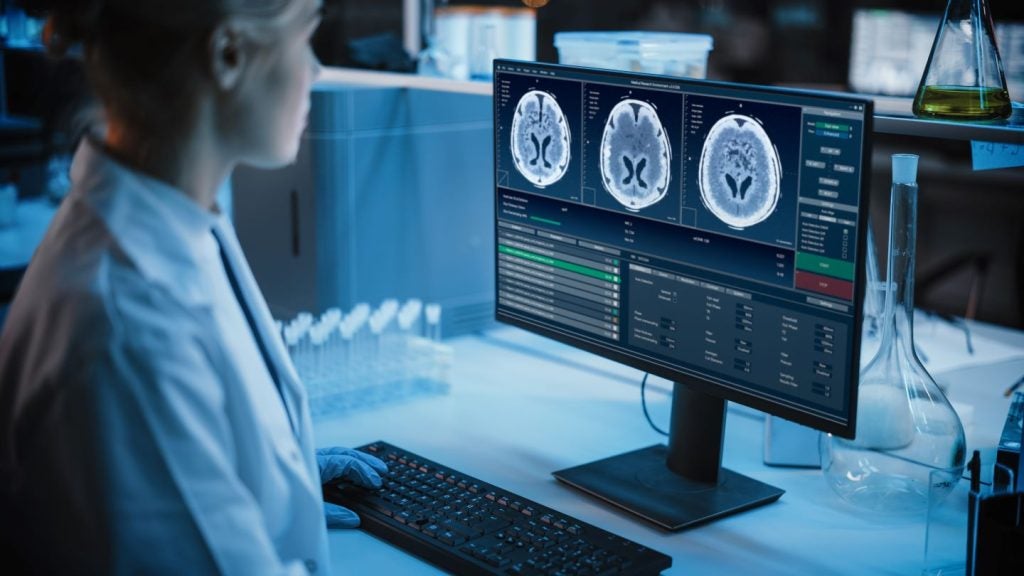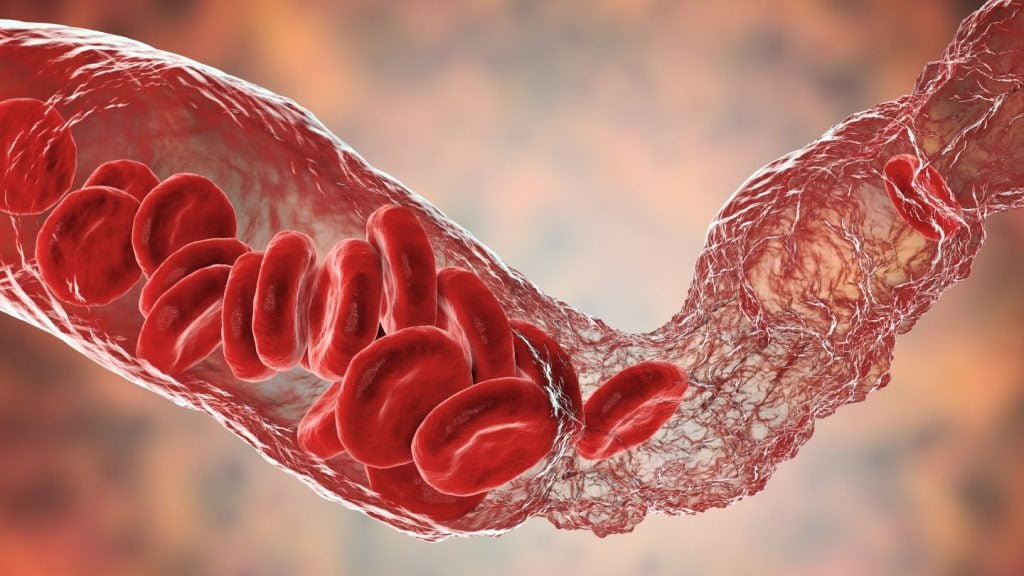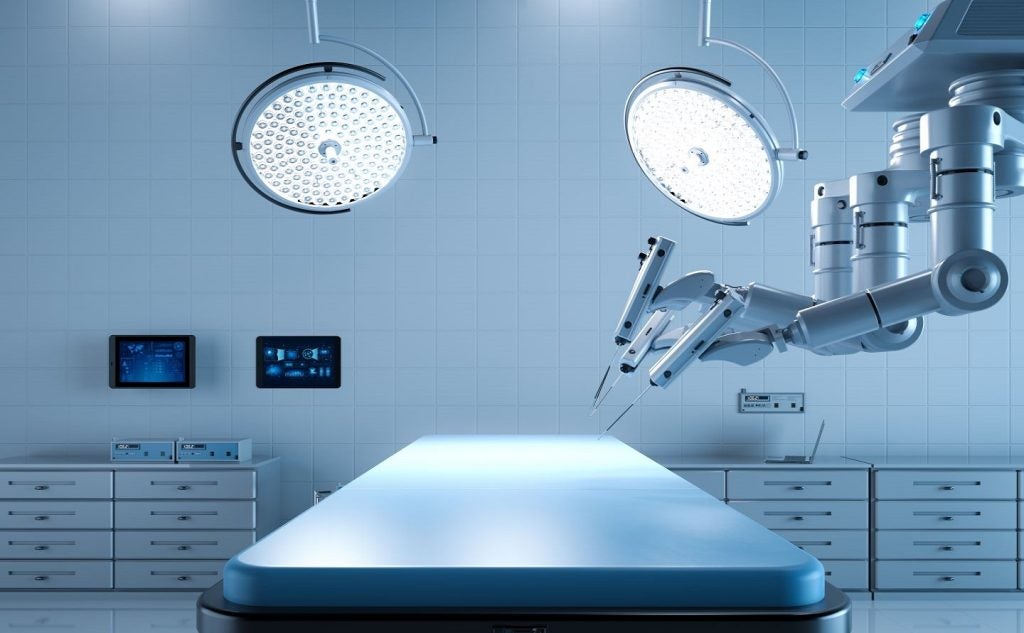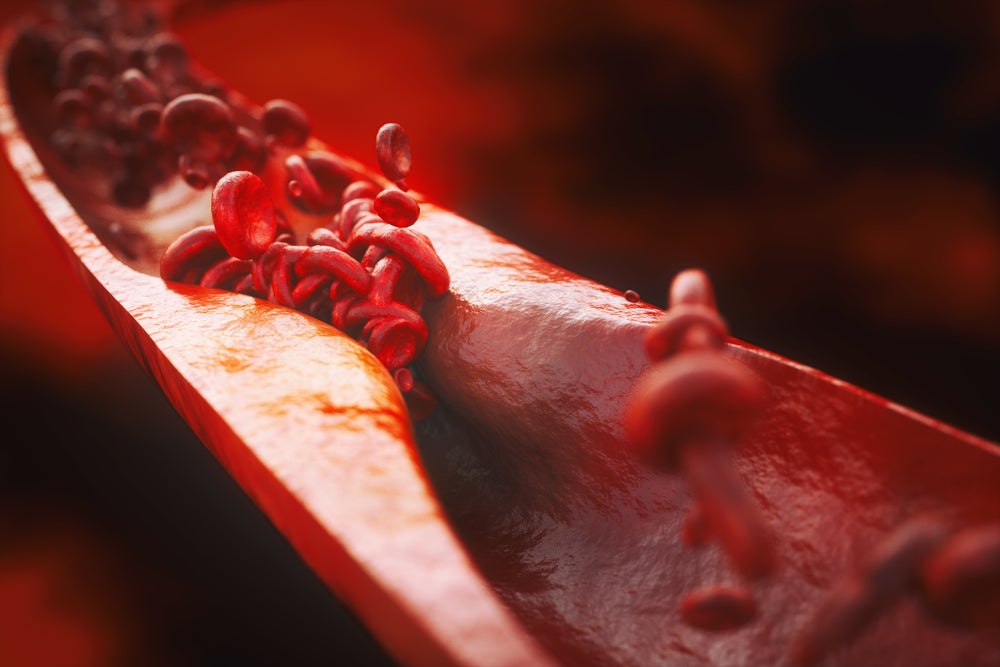Recor Medical has followed up its US Food and Drug Administration (FDA) approval of its Paradise ultrasound renal denervation system earlier this year with positive results from a six-month follow-up of its RADIANCE trials.
The pooled analysis, which is from three studies in the RADIANCE programme, covered 506 patients. Patients in the RADIANCE-HTN TRIO had resistant hypertension, and patients in the RADIANCE-HTN SOLO and RADIANCE II trials had mild to moderate forms of the disease.
The results were presented at a late-breaking session at the Transcatheter Cardiovascular Therapeutics (TCT) conference held in San Francisco from 23-26 October 2023.
Recor Medical stated that after the two-month primary endpoints in the trials, patients were given antihypertensive treatments if their home blood pressure went too high. The analysis demonstrated that fewer of these treatments were administered at six months in the groups that underwent renal denervation compared to the sham groups.
The ultrasound renal denervation groups had 3mmHg lower daytime ambulatory systolic blood pressure when adjusted for medication differences. Office and home systolic blood pressure were also 5.4mmHg and 5.2mmHg lower over the six months.
RADIANCE co-principal investigator Dr Ajay Kirtane said: “One of the key questions often asked about renal denervation is whether it is durable, especially in comparison to (or in combination with) antihypertensive medications.”
“These data support the role of ultrasound renal denervation as a useful adjunct to established antihypertensive therapies.”
Recor Medical’s Paradise system gained a positive vote from a US Food and Drug Administration (FDA) advisory committee meeting in August 2023. At the same committee meeting, Medtronic’s Simplicity Spyral renal denervation system – which uses radiofrequency – did not follow suit, with concerns over its risk-to-benefit ratio.
Both the Paradise and Simplicity Spyral systems have CE markings for use in Europe. Currently, there are no approved devices in the US for renal denervation.
The renal denervation procedure involves radiofrequency or ultrasound ablation of afferent and efferent nerves located in the renal artery that carry important signals for blood pressure control. Reducing the functionality of these pathways leads to various blood pressure-lowering mechanisms, and is a potential option for patients who do not respond to blood pressure-lowering drugs.
Co-principal investigator Michel Azizi said: “The maintained reductions in BP provide further evidence of the effectiveness of ultrasound renal denervation as an additional therapy option for treating patients with uncontrolled hypertension.”




